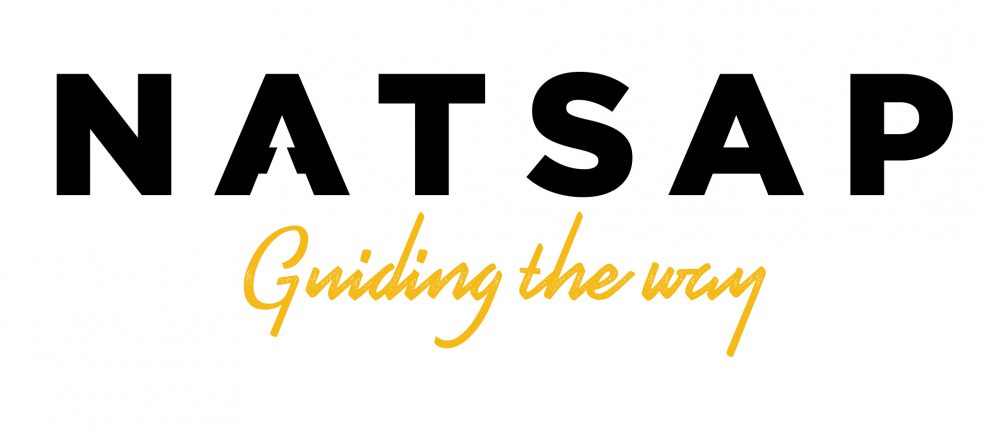
Rising Peak Academy is a long-term residential program that provides young men ages 13-18 the opportunities and motivation to succeed in life while dealing with co-occurring disorders including substance abuse disorder, mental health and behavioral issues. Located on the edge of Glacier Park in Northwest Montana, our 36 year history of adolescent addiction treatment provides our residents the ability to focus on healthy activity, academics, counseling and life-skills that establish a foundation of recovery in each and every resident that attends our program.
Rising Peak Academy focuses on 6 specific areas of adolescent growth and development including Recovery, Academics, Therapy, Life-Skills, Service and Health and Wellness. Taking a holistic development approach, we believe that each young man who participates fully will emerge healthier, more insightful, and more self-confident – skills we know to be the foundation for success in sobriety and adult life. Literally, and metaphorically, our therapeutic model leads residents through challenges that are strategically designed to foster self-reflection, group accountability, and resilience.
As a team-focused institution, Rising Peak provides professional staff for each department that guide the boys’ thinking and achievements in each of our program areas, but ultimately, we rely on the power of community to truly enforce the difficult steps of recovery. Our young men will journey into the literal wilds – the peaks and valleys of Montana – as well as into their interior landscapes, with healthy peer driven support along the way. Through these intrinsic and extrinsic experiences residents of Rising Peak are offered the opportunity to strengthen their resolve in healthy living, academic achievement, sobriety and self-awareness.

